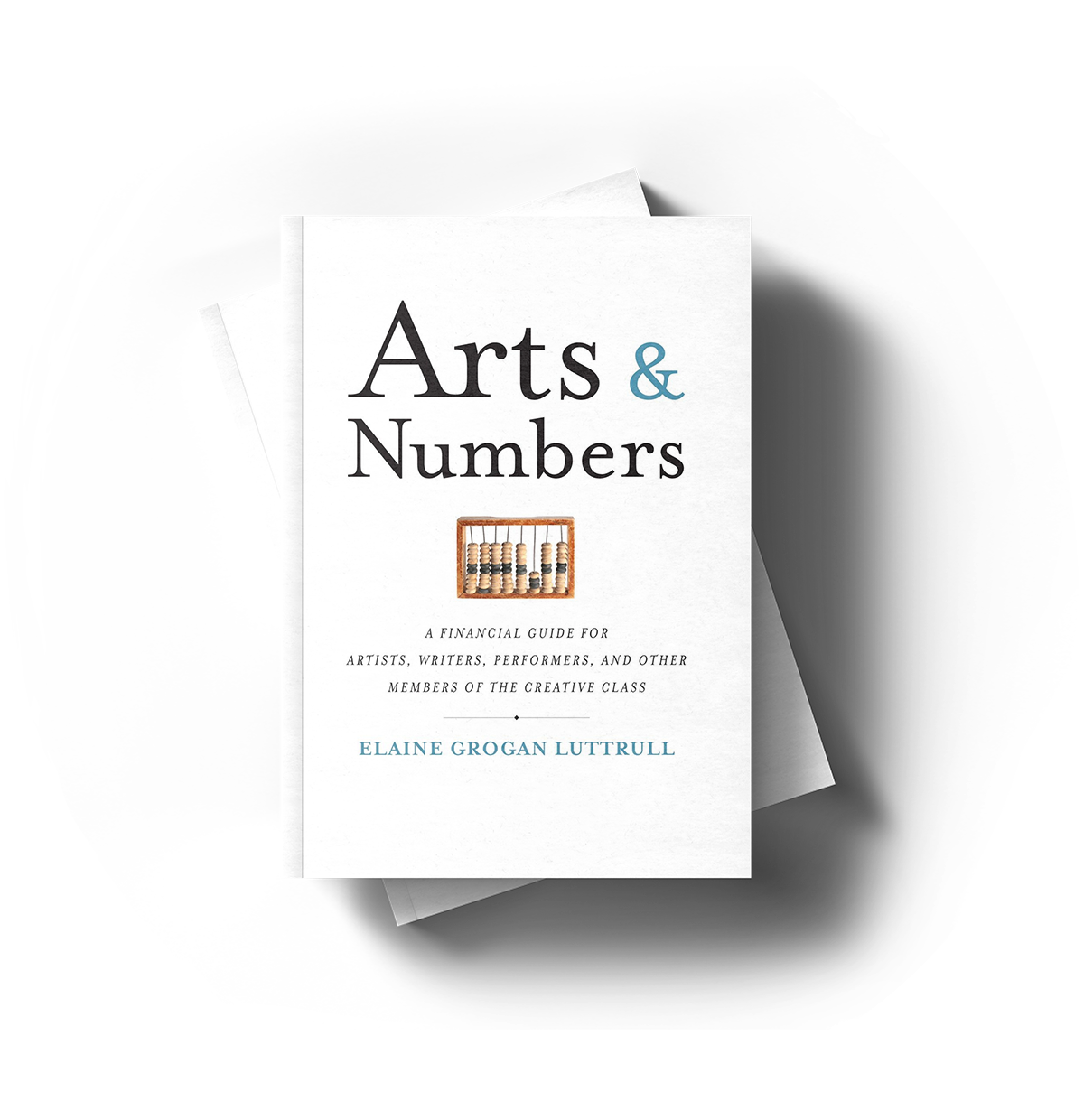August 1, 2022 • Newsletter
This Month’s Money Message: Invest
I had three particularly impactful conversations last month: Two in person and one via email. They all followed a similar script:
Creative Person: So I looked at my [retirement/investment] account yesterday, and I’ve lost [big number]. I’m thinking about moving it to [something safer/bonds/cash]. Should I?
Me: Nope. (Followed by validation, information, and permission.)
Validation
It can be terrifying to look at a balance that was big and see that it is now small. So far this year, the Dow Jones Industrial Average (a proxy for “the market”) is down almost 14%. When someone looks at their retirement account and sees they have lost $30-40k in a few months, the natural instinct can be to do something about it.
But before doing anything, sit with the feelings. I’ve heard three key feelings emerge this month from my non-scientific conversations with clients: Fear (about what might keep happening), discomfort (about what has happened), guilt (for not knowing more about how investments work), and sometimes even shame (for letting this happen).
Three of those feelings are backwards looking; only one is about what might happen next.
Sit with the feelings and name them instead of trying to make them go away. Our instincts about how to make them go away are often reactionary and wrong, but if we have a better understanding of the feeling, we can take actions that are thoughtful (and often more effective).

Information
Once we’ve named the feelings, we contextualize them. Yes, the market is down from its high point. But if you take a wider lens and look over, say, the past five years instead of the past few months, the market is actually up. Way up. In each case with each client, when we looked at investment performance over a longer time period, the overall balance was up. (It wasn’t always “way up” but it was up.)
Yes, there may have been a setback on your path to whatever goal you have named… But your overall progress is still noteworthy.
Then we look at the timing. If you are in your 30s, 40s, or 50s, you probably have some time before you’ll need this money. That means you have the flexibility to wait until the market goes back up. (If you are in your 60s or 70s, we should be having a very different conversation, depending on your goals. You may not have the luxury of time for your investments, especially if you plan on accessing the funds within the next year.)
You can use this as a benchmark and check in with it monthly to see if the balances are going up or down. You can use this to remind yourself of that time in 2022 that you didn’t panic: You didn’t liquidate your investments, you didn’t lose your mind.
Yes, it is hard to think about the long-term, but when you have the luxury of time, you should take it.
Then we look at the alternatives. On person’s friend had suggested a bond fund, someone else had wanted to move the money into cash. It will not surprise you to know that the bond fund was also down for the year, and with the rate of inflation, holding too much cash actually works against you. (But please remember I want you to hold some cash! Don’t leave your cash entirely!)
As you dig into other options, take comfort in seeing how widespread this correction is. It is not only affecting you; it is not only affecting individuals without financial advisors; it is not only affecting those without economics degrees. These corrections happen, and it is not your job to avoid them.
Yes, more conservative holdings may be less volatile, but there is not a perfect alternative that will never go down in value. Your plans are flexible enough to ride the highs and lows.
Permission
The permission is my favorite part. This is the part where I remind folks that they have the agency to decide what to do next. They can exhale, review the information to contextualize their feelings, and do nothing, knowing the investment choices they made are right for their own goals. Or they can make a different choice. And that’s okay too.
So with your own agency in mind, here are three things to think about this month:
 Know: Whether or not you care about how your investments are doing.
Know: Whether or not you care about how your investments are doing.
It is perfectly fine to ignore the noise around investments right now, especially if you are comfortable with your overall plan.

Do: Nothing (unless you make a different choice).
I don’t often advocate doing nothing as a general rule, but in the context of investments and an overall market correction, you do not have to do anything. And by doing nothing, you’ll probably participate in future upsides.
 Believe: Investing is a rollercoaster business. It’s okay to just hang on and enjoy the ride, especially if you have already checked your safety harness and secured any loose belongings.
Believe: Investing is a rollercoaster business. It’s okay to just hang on and enjoy the ride, especially if you have already checked your safety harness and secured any loose belongings.
What We’re Doing
August starts with a reunion with those who have been through IAC’s On-Ramp Program. We’re hosting On-Ramp 2.0 at two sites in Indiana providing next-level business training to creative folks who have been through the fellowship. Later in the month, we gets to work with fellows from two national fellowship programs to help them incorporate strong financial habits into their fellowship years.
What We’re Talking About
Investing, investing, and more investing. In addition to the three folks who brought up very specific questions, just about everyone else has investments on the mind (or in the news feed). You know we don’t give investment advice or manage money, but we can certainly talk through your feelings.
CREATIVE COACHING (1 HOUR, $125)
If you’d like to chat with me to answer your own questions, feel free to find a time that works with your schedule.
Invest
Validate your feelings, gather some (reliable) information, and give yourself permission to make a choice that works for you when it comes to your investments. Keeping things simple in a world of chaos is always good advice.
Until next month,
![]()



